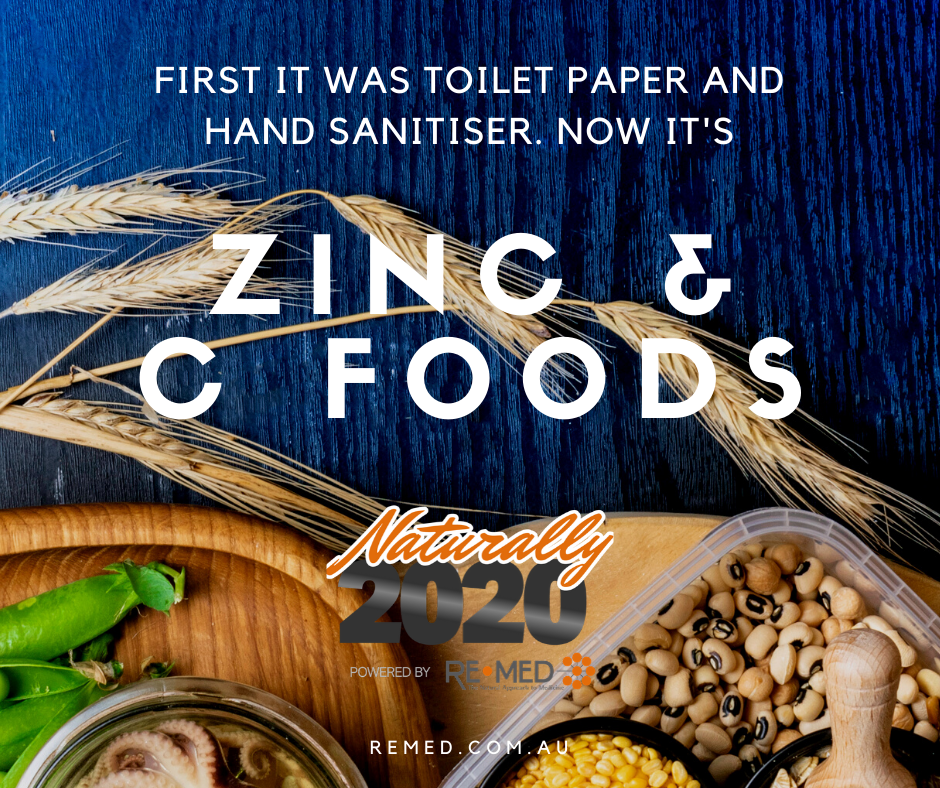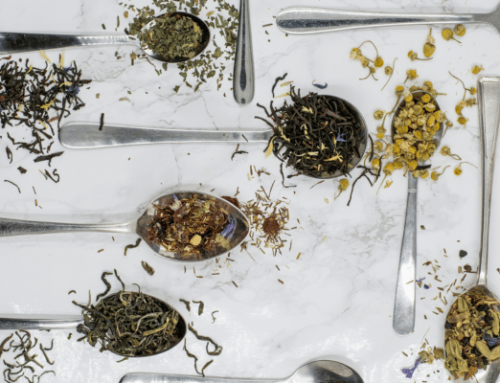First it was toilet paper and hand sanitiser, next it was tinned foods, and now it’s immune support supplements like ZINC and VITAMIN C that have been wiped off the shelves and are often out of stock. But don’t panic – there are other options to support your immune system – food!
ZINC is involved in so many aspects of the immune system, from our innate immunity (the first line of defence), through to adaptive immunity. The highest source of zinc comes from oysters and other shellfish like crab and prawns, however more every-day zinc foods include red meat, eggs and dairy. Non-animal sources are important also – nuts and seeds, particularly cashews, almonds, pine nuts, pumpkin seeds, sesame and hemp seeds. Wholegrains like quinoa, brown rice and oats, contain some zinc, as well as legumes, however, the high phytate contents of these foods does make the zinc harder for your body to access the zinc. Fermenting and sprouting grains and legumes, and at least soaking them and washing them really well will begin to remove some of these phytates, boosting the zinc bioavailability.
Importantly, zinc will be best released from food and absorbed if we have adequate stomach acid. So ensure that you are eating calmly and mindfully, avoiding ant-acids, and using bitter tastes to boost your digestion, like bitter food or herbal medicine.
VITAMIN C is an antioxidant that is highly concentrated in immune cells. While blackcurrants and orange juice are often thought of when considering Vitamin C foods, great fruit options include strawberries, papaya, cantaloupe, kiwi and fresh citrus. The fresher the better. Rosehip tea is very high in Vitamin C and can be found readily on the supermarket shelf.
Chilli and capsicum are high sources, even the green capsicum. You may be surprised to hear that green vegies are also high in Vitamin C – like parsley, kale, broccoli, Brussels Sprouts. However, Vitamin C content can be destroyed or leached from vegies during cooking. So lightly steaming food or cooking into soups where the liquid is captured will help preserve the nutrients.



Leave A Comment